Purchasing the right auto insurance is one of the best things to protect yourself in the event of a car accident, but did you know that in some cases you have to pay to damages out of your own pocket?
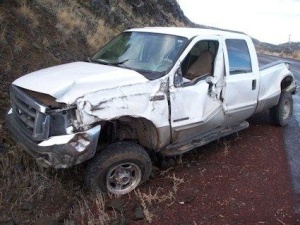 For example, let’s say you drive a suped-up $85,000 Ford F350. Unfortunately, one day while out and about running errands, another driver runs a red light and hits your truck right behind the passenger side door.
For example, let’s say you drive a suped-up $85,000 Ford F350. Unfortunately, one day while out and about running errands, another driver runs a red light and hits your truck right behind the passenger side door.
Everyone is thankfully okay, but the damage to your truck will cost about $40,000 to repair. The driver at-fault only has the state minimum insurance policy coverage, which covers up to $20,000 in repairs. Where will the additional $20,000 come from to repair your truck? Without underinsured motorist coverage (UIM), the $20,000 will come out of your pocket.
However, with an underinsured/uninsured motorist coverage policy, insurance will pay the difference.
What exactly is uninsured/underinsured motorist insurance?
Uninsured/underinsured motorist insurance (UM/UIM) provides coverage if you are in an accident and the driver that causes the accident either doesn’t have insurance, or doesn’t have enough insurance to fully cover the damages.
There are two different types of UIM policies: UIM bodily injury and UIM property damage.
- UIM bodily injury insurance is similar to the bodily injury coverage that is provided in liability insurance. It will provide additional coverage if the person who caused the accident doesn’t have enough insurance or doesn’t have insurance at all. UIM bodily insurance will pay for medical bills and other injury related expenses. It will also provide coverage in the case that the at-fault driver can’t be identified, i.e. a hit-and-run.
- UIM property damage provides coverage for vehicle repairs in case the person who hit you doesn’t have enough insurance or any insurance at all. Unlike UIM bodily injury, UIM property damage won’t provide coverage if the at-fault driver can’t be identified, so a hit-and-run is not covered.
Is uninsured/underinsured motorist coverage right for me?
Even if you are the best driver in the world and have great insurance coverage, there is always a chance an accident can happen with an uninsured or underinsured driver. While it may not happen often, it only takes one accident to suffer the consequences of not having uninsured or underinsured motorist insurance. Without it, you run the risk of having to pay for damages out of your own pocket.

 With fall right around the corner, everyone in Jackson is preparing for colder weather and all of us at GR Insurance are doing the same. While GR Insurance has plenty of insurance options that offer protection in case you have a fall or winter home emergency, we also have a few tips and tricks to share that can help prevent any home emergencies.
With fall right around the corner, everyone in Jackson is preparing for colder weather and all of us at GR Insurance are doing the same. While GR Insurance has plenty of insurance options that offer protection in case you have a fall or winter home emergency, we also have a few tips and tricks to share that can help prevent any home emergencies.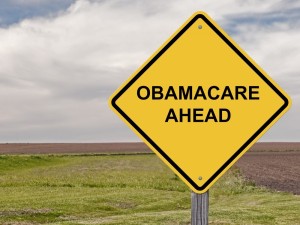

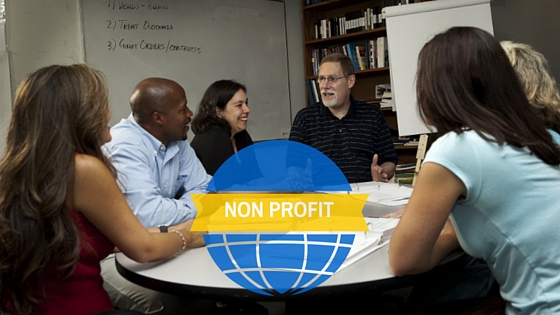
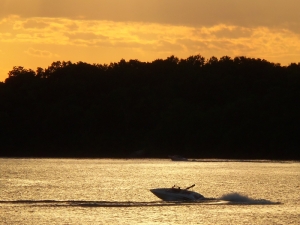 Have you had the chance to get out on the lake this summer?
Have you had the chance to get out on the lake this summer?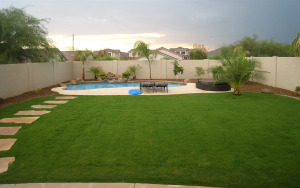 As a homeowner or renter, there is no better feeling than throwing your first backyard get together!
As a homeowner or renter, there is no better feeling than throwing your first backyard get together!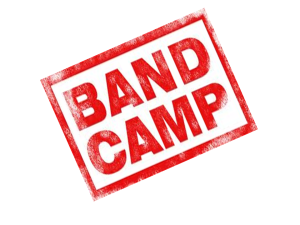 everyone have the best stories from “that one time” at summer camp?
everyone have the best stories from “that one time” at summer camp?





